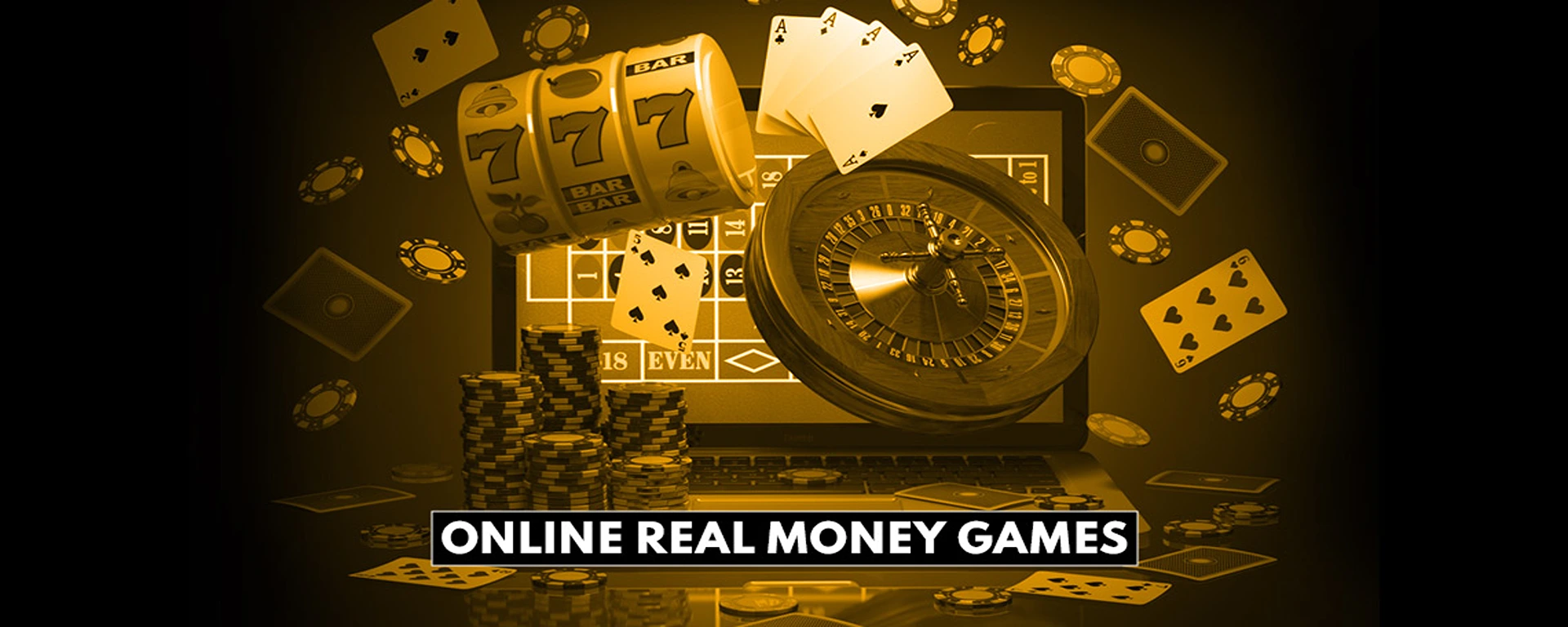India’s real money gaming sector, once growing at a rapid pace, has hit a wall with the introduction of a 28% GST on deposits in October 2023. This tax overhaul has been nothing short of a game-changer—unfortunately, in the worst possible way.
Let’s break it down. The industry’s impressive 25% annual growth rate has been slashed to a modest 8% CAGR projected for 2025-2028. Revenue, that’s taken a nosedive too, with estimates showing a 30% drop.
It’s not just numbers on a spreadsheet; it’s real companies, jobs, and livelihoods on the line. Case in point- GetMega, a promising gaming startup that had raised over $20 million and boasted lakhs of subscribers, has officially called it quits.
In a message to its users, GetMega announced it was shutting down operations from December 31, including popular games like Mega Rummy and Mega Poker. Users have until January 15 to withdraw their funds before wallets go inactive. A somber note to end what was once a thriving venture.
The Fallout. What’s Happening on the Ground?
The ripple effects of the GST decision are staggering –
Revenue Hits: Over half of online gaming companies have seen revenues stagnate or drop—some by as much as 50%.
Layoffs: Cost-cutting has led to widespread job losses across the industry.
Frozen Investments: Major investments in the sector have dried up since the GST kicked in.
Startups Shutting Down: More than 25% of gaming startups could close shop within a year.
Growth Slump: The sector’s annual growth rate has plummeted, a far cry from its earlier robust trajectory.
Adding insult to injury, the GST is applied to the entire deposit amount rather than just the platform’s earnings, making the burden even heavier.
Offshore Platforms. A Growing Problem
As Indian gaming companies struggle, offshore betting platforms are thriving. These platforms handle deposits worth a staggering ₹8.2 lakh crore annually, costing India ₹2.29 lakh crore in GST losses every year. While government GST collections have jumped 412%, it’s a hollow victory without proper regulations to curb offshore operations and support domestic players.

New Criminal Code Adds to the Chaos
The online gaming industry in India, already struggling with hefty 28% GST introduced in late 2023, now faces another curveball—stricter regulations under the Bharatiya Nyaya Sanhita (BNS). India’s revamped criminal code effective July 1, 2024—has officially labeled ‘unauthorized betting or gambling’ as a ‘petty organized crime’.
The law could spell serious trouble for gaming platforms, especially those offering games not legally recognized as “games of skill” (like Poker, Rummy, and Fantasy).
This double whammy has left the sector teetering on the edge, with only five companies managing to record revenue growth post-GST. Seven others are either stagnating or seeing their revenues nosedive—two of them reporting declines of up to 50%.
For an industry once boasting exponential growth, these numbers are a sobering reality check. “Such revenue declines stand in stark contrast to an industry that was previously growing at breakneck speed,” the report states.
According to Section 112 of the BNS, individuals involved in petty organized crime could face 1-7 years of imprisonment, along with hefty fines. The fear is palpable among gaming companies, especially those hosting “unauthorized games” that could technically fall under the definition of “organized crime.”
Legal Grey Areas
Jay Sayta, a technology and gaming lawyer, sheds light on the issue –
“Many platforms are camouflaging chance-based games as skill-based ones. These games lack any legal recognition from courts or licensing from government bodies. They may be violating not just state-level gaming laws but also the new BNS provisions.”
While courts have upheld a few games like Poker and Rummy as skill-based, hundreds of other games remain in a legal grey zone, leaving platforms vulnerable to action.
“In the next few quarters, we’ll see which companies can successfully adapt and which ones will fold under the pressure.”

Games That Defy Logic—and Legal Boundaries
Some platforms, operating in what seems like denial, have introduced wild wagering games with no connection to real-world events. These games—like Aviator, Andar-Bahar, and various Roulette-style offerings—rely entirely on chance. For instance, in Aviator, players must hit a button before a virtual rocket explodes to win, a concept that leaves little room for skill or strategy.
While games like “opinion trading” (betting on cricket scores, weather forecasts, or Bitcoin prices) can at least argue for some level of calculation, these pure chance-based games are harder to justify as anything but gambling.
The Legal Defense Playbook
To keep their operations running, many gaming firms have hired top law firms and even retired judges to argue that these games qualify as “games of skill” rather than outright gambling. But paying the 28% GST doesn’t automatically legitimize a game, especially in the absence of any regulatory certification to define what truly constitutes a “game of skill.”
In 2024, only one gaming company managed to attract new investors, a sharp contrast to the sector’s earlier boom.
Meanwhile, the Supreme Court continues to deliberate on two critical issues:
- What constitutes gambling versus a game of skill?
- Should the 28% GST apply to the entire deposit or just the platform’s service fee?
This uncertainty, coupled with the closure of prominent platforms like GetMega, has created a cloud of doubt over the industry’s future.
The Last Bit
For now, the industry is in survival mode, juggling legal battles, regulatory ambiguity, and the crushing weight of taxes. While some companies are innovating and diversifying, others are barely holding on.
With the Supreme Court’s verdict still pending, for real money gaming, the next few quarters will reveal who can weather this storm and who will fold.